Top EVs to Avoid If You Want to Sidestep Costly Battery Replacements

The electric vehicle (EV) market is booming, and with it comes the concern of battery longevity. For prospective EV buyers, one of the most pressing questions is whether their new vehicle will require a costly battery replacement down the line. The costs associated with EV battery replacements can be staggering, often ranging from $5,000 to $20,000, depending on the make and model of the vehicle. This potential expense can deter many consumers from choosing an electric vehicle, as the fear of ending up with a hefty bill can overshadow the many benefits of driving an EV.

Here are some key points to consider when exploring the landscape of EV battery replacements:
1. **Battery Replacement Costs**: The replacement of an EV battery can be a major financial burden. Replacement costs can vary greatly based on several factors, including the vehicle’s make and model, the battery’s size and capacity, and even market conditions. It’s essential for buyers to be aware of these costs before making a purchase.

2. **Common Replacement Rates**: In the study conducted by Recurrent, only 1.5% of EVs experienced battery replacements. However, this statistic can be misleading; some models have much higher replacement rates, making them less desirable for long-term ownership.

3. **Impact of Age and Model Generation**: Older EV models, particularly those introduced in the early years of electric vehicle production, show significantly higher rates of battery replacement. As technology has advanced, newer models tend to have better battery management systems and warranties that cover battery performance over time.

4. **Battery Warranties**: Many automakers provide warranties for their EV batteries, typically covering eight years or 100,000 miles. These warranties often guarantee that the battery will retain a certain percentage of its initial capacity, offering peace of mind to buyers. However, once these warranties expire, the financial burden of a battery replacement falls entirely on the owner.

5. **Factors Influencing Battery Life**: The longevity of an EV battery largely depends on several factors, including charging habits, environmental conditions, and driving styles. For example, frequent fast charging can impact battery health negatively over time.

6. **Emerging Technologies**: As the EV market evolves, new battery technologies are being developed that promise longer lifespans and reduced replacement costs. It’s worth keeping an eye on advancements in battery technology when considering an EV purchase.

7. **Market Trends**: The cost of battery replacements is also affected by market trends and the availability of raw materials. The demand for lithium and other materials used in battery production can fluctuate, influencing overall replacement costs.

8. **Consumer Reports and Reliability Ratings**: Trusted sources such as Consumer Reports provide reliability ratings for various EV models. These reports often include insights on battery performance and replacement rates, helping consumers make informed decisions. Understanding the broader battery replacement landscape is crucial when considering which EV to purchase. Avoiding vehicles with a notorious track record for battery failure can save consumers from unexpected expenses and frustrations down the line.

The following list ranks EVs based on their replacement rates, highlighting those that potential buyers should be wary of:
1. **Nissan Leaf**: This popular model has one of the highest percentages of battery replacements, clocking in at 4.92%. The older 2011 and 2012 models exhibit even higher replacement rates of 8.3% and 3.5%, respectively. While the Leaf has been a staple in the EV market, its aging technology can cause concerns for long-term owners.

2. **Chevy Bolt EV**: The Bolt has garnered attention for its battery-related issues, particularly following significant recalls. The replacement rate sits at a staggering 33.97%, making it one of the least desirable options for long-term ownership.

3. **Hyundai Kona Electric**: Another model known for its battery problems, the Kona Electric has a shocking replacement rate of 25.15%. Like the Bolt, many issues stemmed from battery recalls.

4. **Tesla Model S**: Although Tesla is often regarded as a leader in the EV space, the Model S has a replacement rate of 3.75%. The costs associated with replacing a Tesla battery can vary significantly, reaching upwards of $16,000, which can be a deterrent for potential buyers.

5. **Tesla Model X**: Similar to the Model S, the Model X has a replacement rate of 0.79%, which, while lower than others, still necessitates consideration for buyers looking for a long-term investment.

6. **Jaguar I-PACE**: This luxury electric SUV has a replacement rate of 1.32%. Although it offers a premium experience, owners must be cognizant of potential future battery costs.

7. **Audi e-tron**: The Audi e-tron boasts a replacement rate of 0.41%. While this is relatively low, prospective buyers must still take future costs into account.

8. **Tesla Model 3**: With a replacement rate of 0.34%, the Model 3 is one of the better options when it comes to battery longevity.
9. **Chevy Volt**: This plug-in hybrid has a replacement rate of 0.95%, providing a more favorable outlook for potential buyers.

10. **Tesla Model Y**: At a low replacement rate of 0.29%, the Model Y represents a solid choice for buyers concerned about battery longevity.
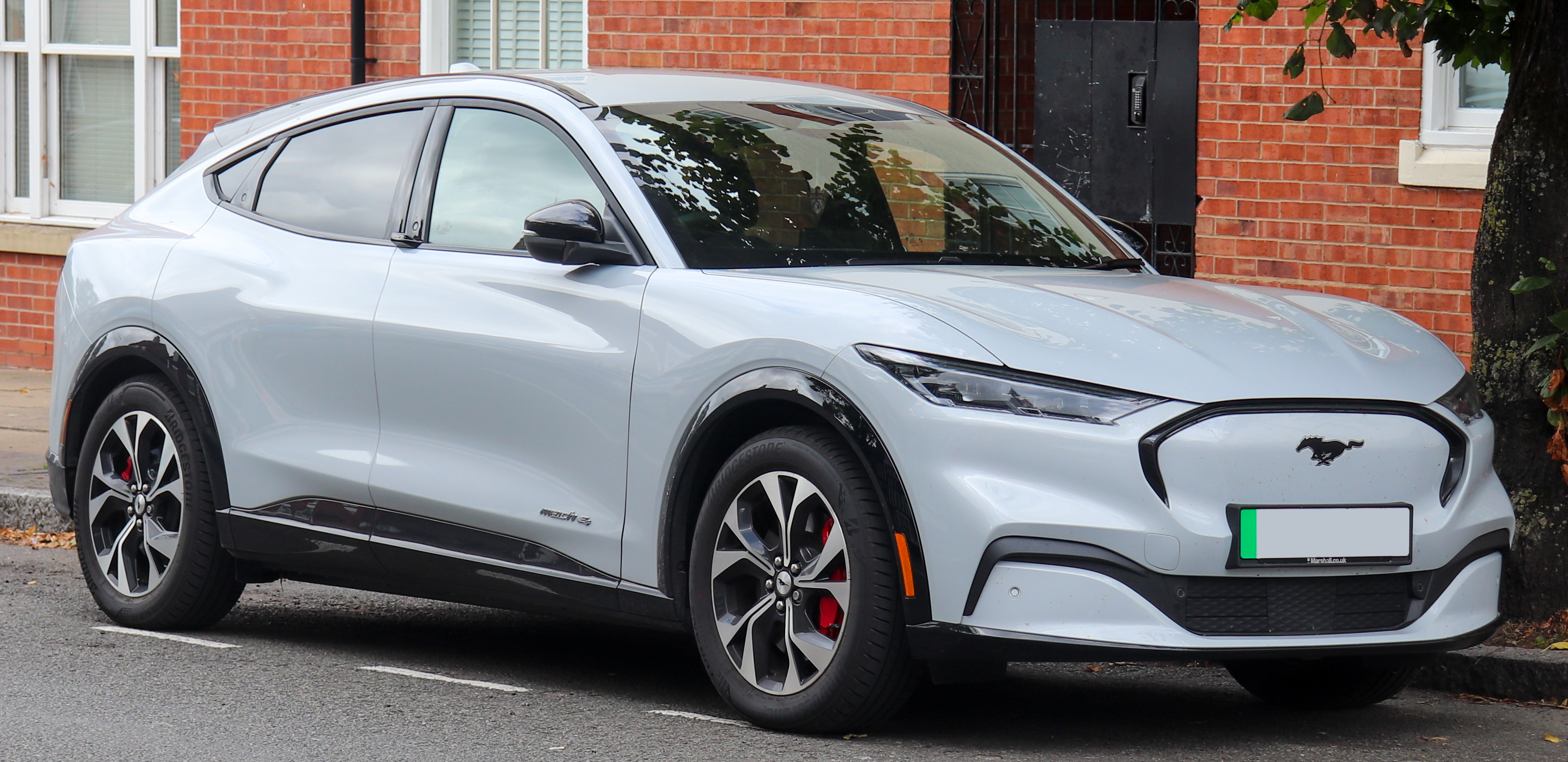
11. **Ford Mustang Mach-E**: This all-electric SUV has gained popularity for its stylish design and performance. However, it has a replacement rate of 5.2%, which, while not the highest, should be a consideration for potential buyers. The Mach-E offers a blend of efficiency and power, but prospective owners should be prepared for possible battery replacement costs later in the vehicle’s life.

12. **BMW i3**: The BMW i3, a compact electric vehicle, has a replacement rate of about 3.3%. Its unique design and performance have made it a favorite among eco-conscious drivers, but the aging technology could lead to future battery replacement challenges. Buyers should weigh the benefits of its driving experience against potential costs down the line.

13. **Mercedes-Benz EQC**: The EQC, Mercedes’ entry into the electric SUV market, has a battery replacement rate of 2.5%. Known for luxury and comfort, this vehicle’s battery performance is generally reliable. However, buyers should be cautious and consider the long-term implications of owning an EV from a luxury brand when it comes to battery replacement costs.
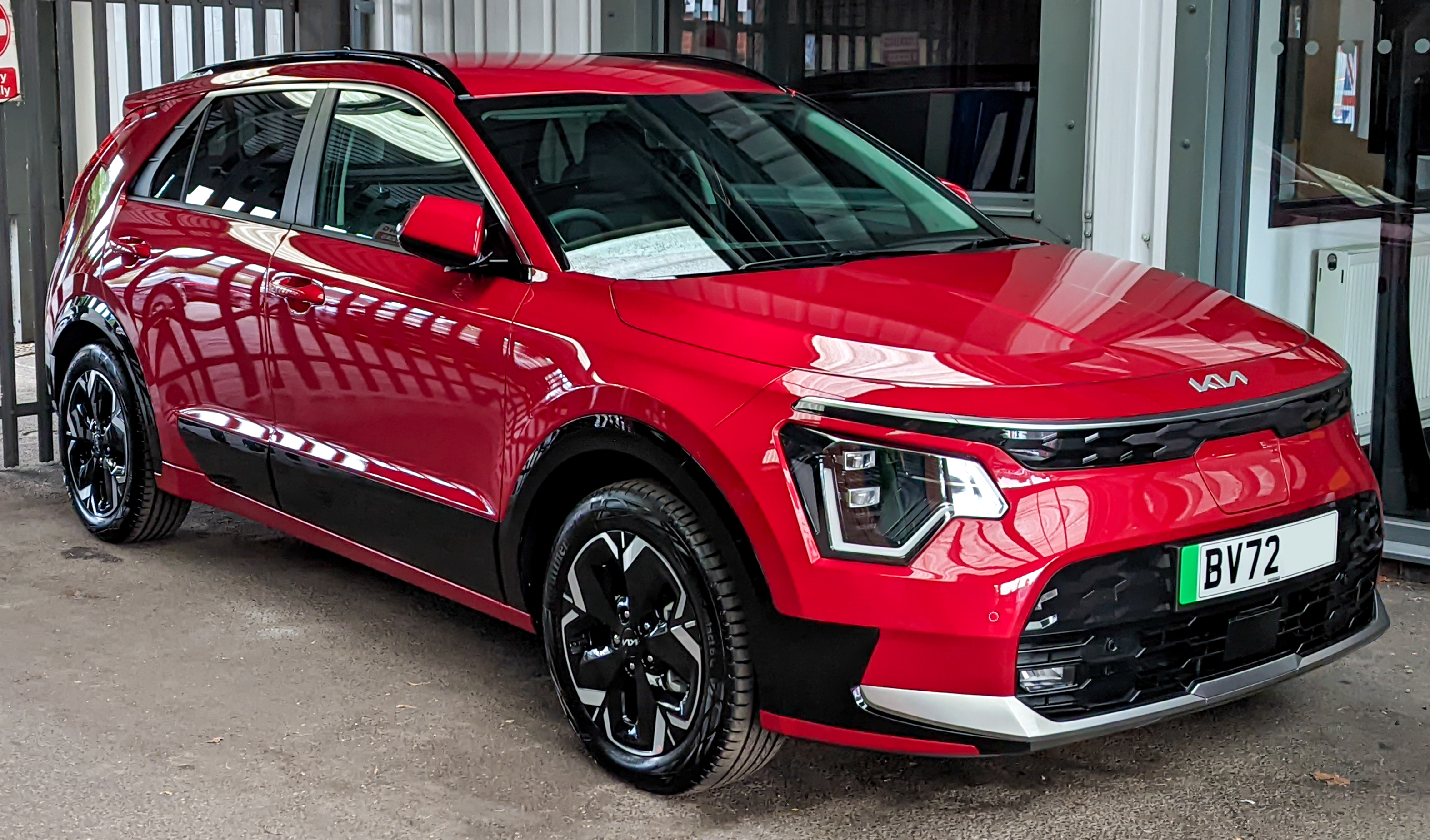
14. **Kia Niro EV**: With a replacement rate of 2.0%, the Kia Niro EV is another compact SUV that’s gaining traction in the market. It offers a decent range and practicality but still presents potential for battery replacement concerns as it ages. Future owners should ensure they’re aware of the battery management practices of the vehicle’s previous owners.

15. **Ford F-150 Lightning**: The electric version of the iconic F-150 has a replacement rate of 1.8%. As one of the first mainstream electric pickups, it has generated significant interest. While the replacement rate is relatively low, prospective buyers need to consider the long-term value and potential battery replacement costs associated with such a vehicle.

16. **Porsche Taycan**: This luxury electric sports car has a replacement rate of 1.2%. The Taycan is designed for performance and luxury, and while its battery life is commendable, the costs associated with replacement could be substantial. Buyers should factor in both the performance benefits and potential future expenses.
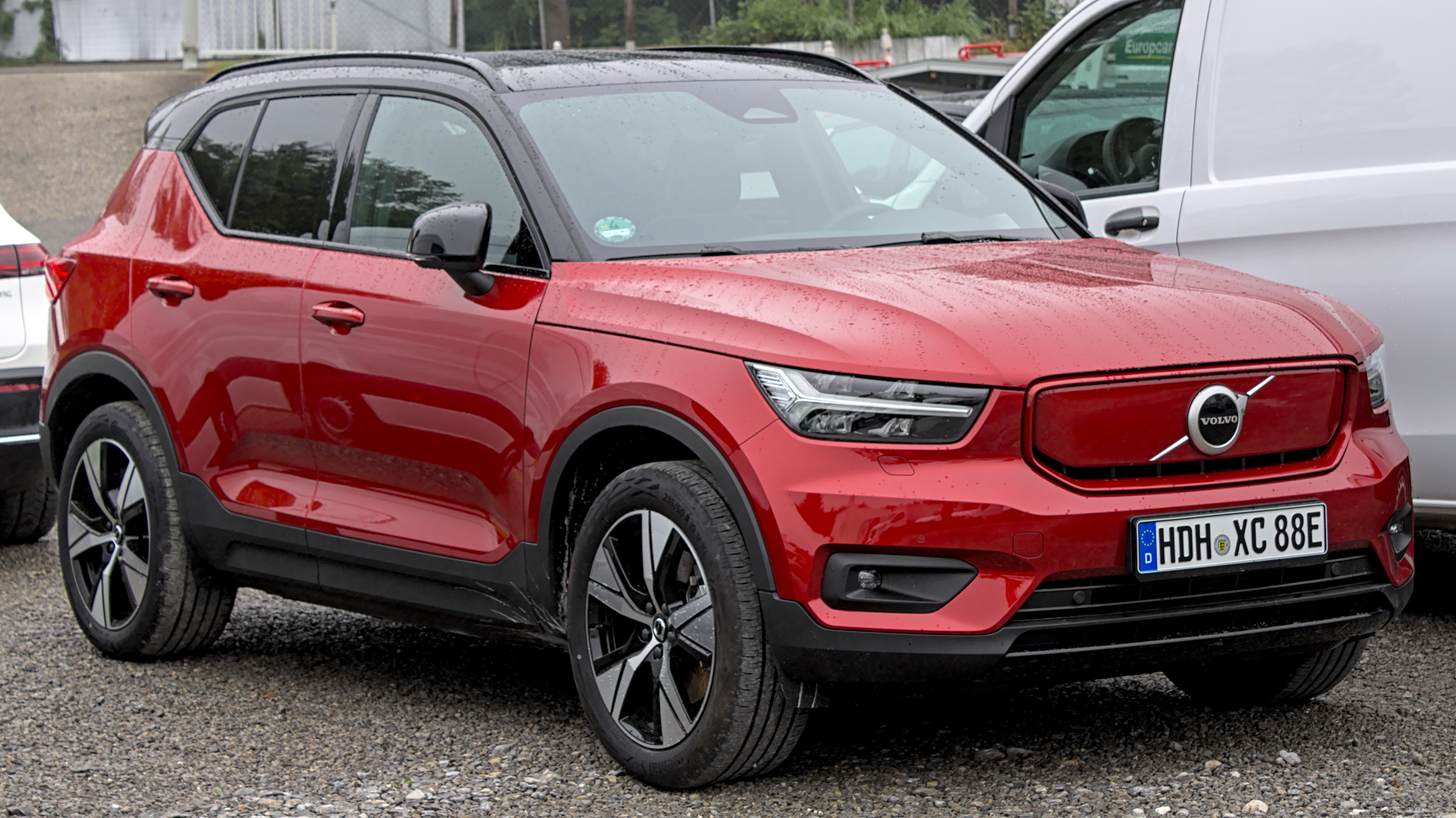
17. **Volvo XC40 Recharge**: The XC40 Recharge offers a rate of 1.1%. Known for its safety features and stylish design, it provides a reliable option in the EV market. While it has a relatively low battery replacement rate, buyers should still be informed about the overall cost of ownership.
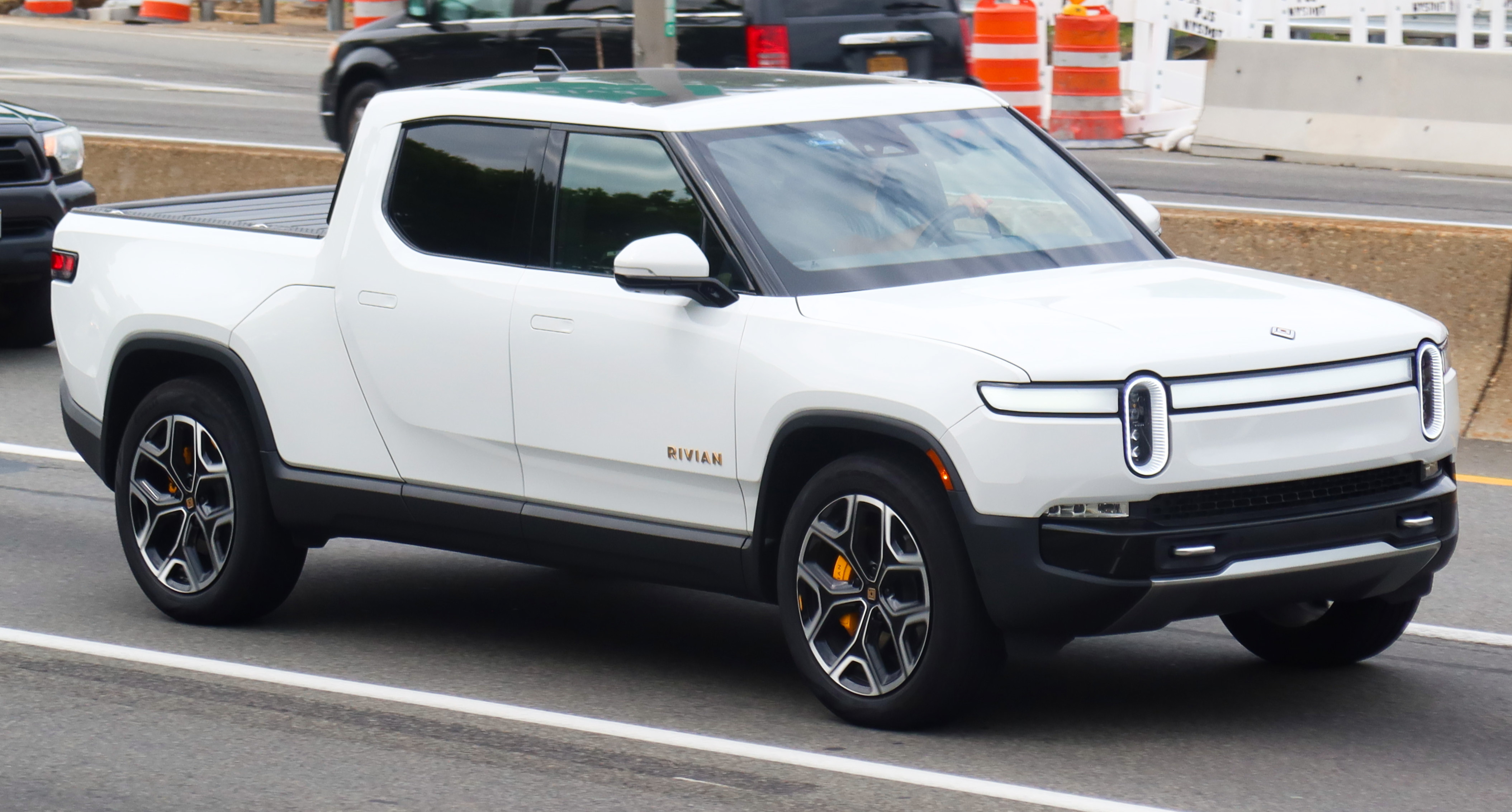
18. **Rivian R1T**: As a newer entrant in the electric truck market, the Rivian R1T has a battery replacement rate of 0.9%. This vehicle has caught the attention of adventure enthusiasts for its off-road capabilities. However, being a new model, the long-term reliability regarding battery replacements remains to be fully established, making it critical for buyers to stay informed.
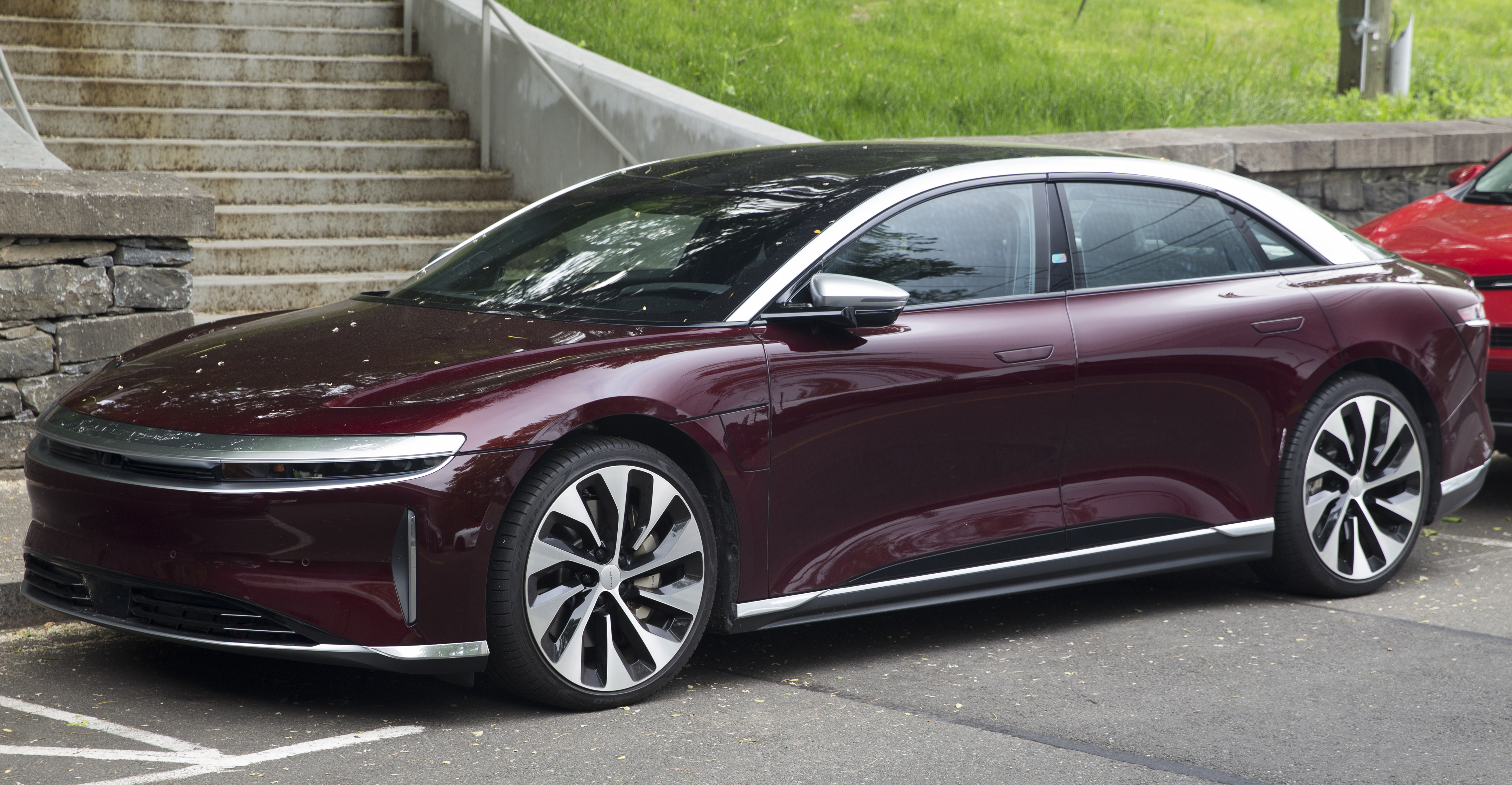
19. **Lucid Air**: The Lucid Air, with a meager replacement rate of 0.5%, showcases advanced technology and luxury. It’s designed for long-range travel and performance, and while it boasts lower replacement rates, it comes with a higher price tag and potential long-term concerns for battery health.
Related posts:
EV Battery Swapping vs Charging Station: Comparative Guide
EVs to avoid if you want to dodge battery replacements that can cost up to $20,000
Electric Car Battery Replacement Costs
Discover more from Auto Travel World
Subscribe to get the latest posts sent to your email.












